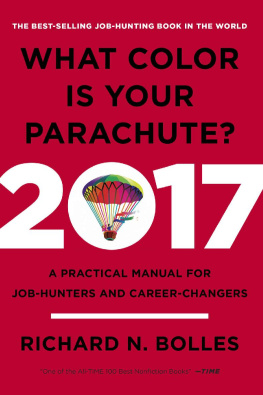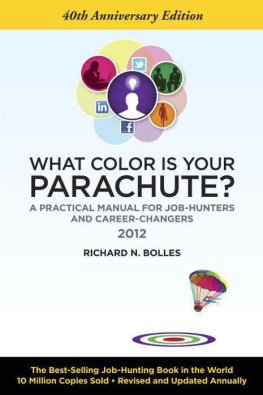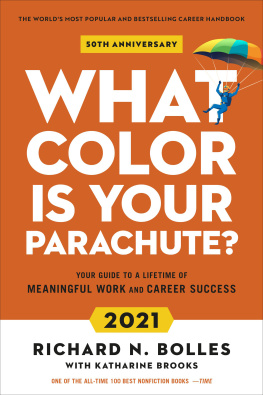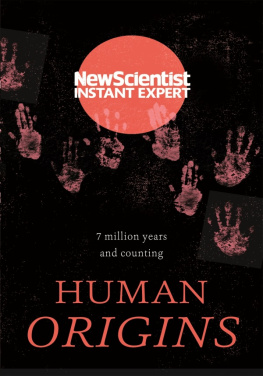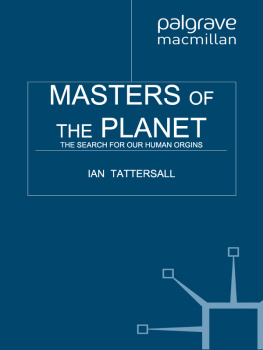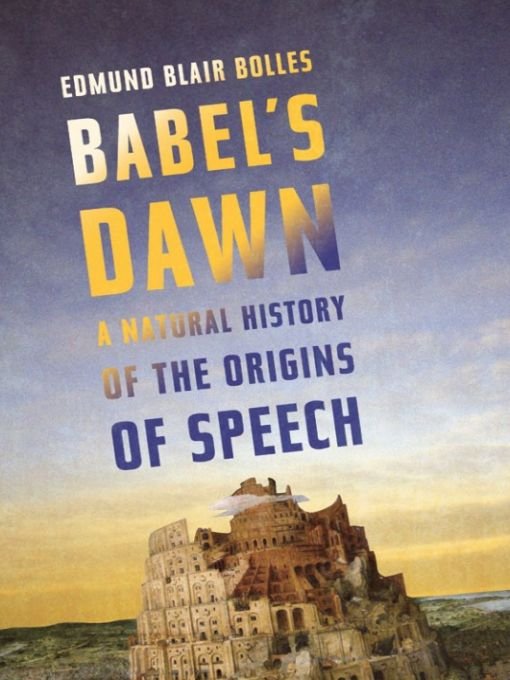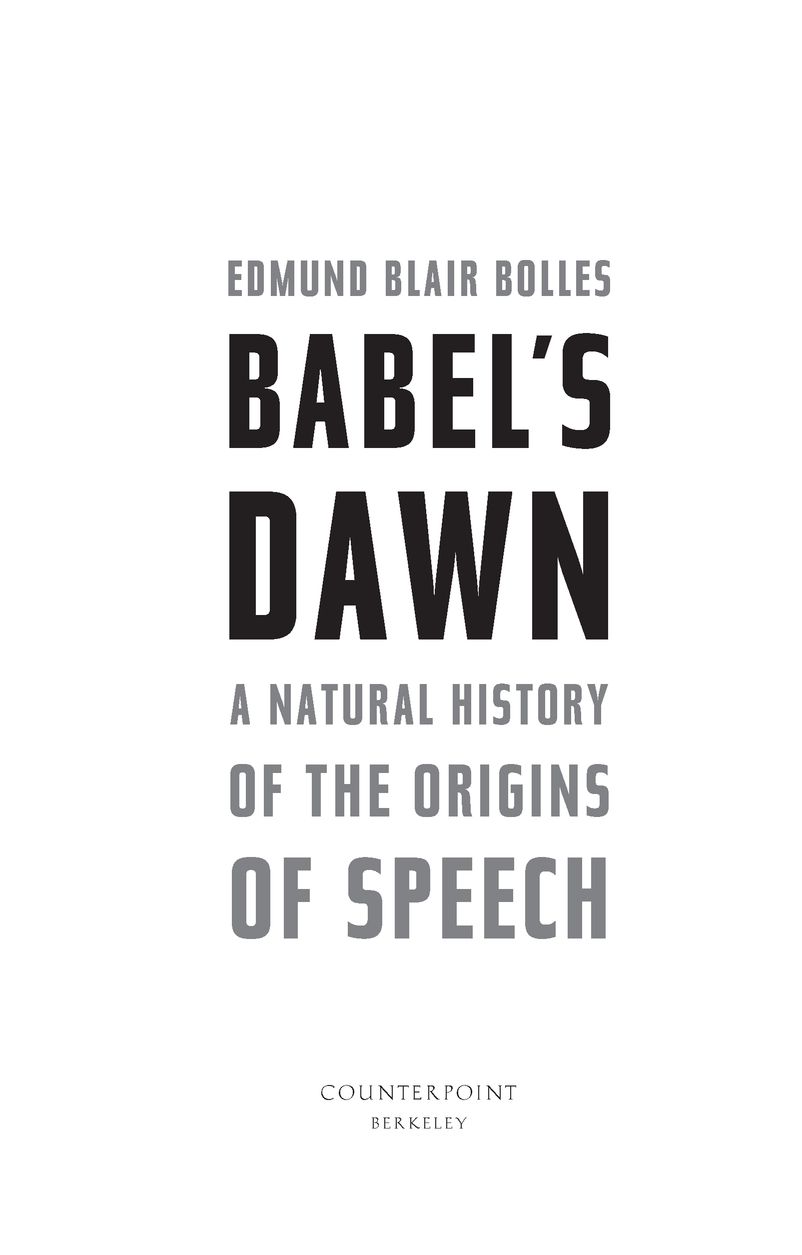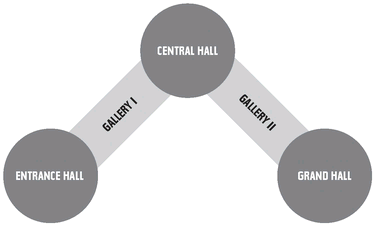Table of Contents
To the people who made the Babels Dawn blog better than I could:
The many commenters who forced me into a wider perspective and taught me many things I needed to learn about language. And Laura Newman, who saved the blog by showing me a way to keep at it without going mad from exhaustion.
A CONFESSION
WHEN IT COMES to natural history, I prefer museums to books. Its not that I dont love books, but getting from the printed facts of natural history to their breathing truth can often be a bit of a slog, especially when compared with the way a museum sets the visitor down in front of fossils displayed in active positions or dioramasstages with painted backdrops and three-dimensional figuresdepicting lost worlds. Looking at those exhibits, the meaning of the facts pops out at you. So when I began work on my own volume about the natural history of speech origins, the idea of museum displays nestled easily into my head.
Babels Dawn is organized to help readers pretend they are strolling through a series of museum galleries filled with dioramas that display scenes from the origins of speech. It begins with the last common ancestor we share with chimpanzees (from about six million years ago) and proceeds on down to the first storytellers (a bit more than a hundred and fifty thousand years ago). Naturally, I have imagined a modern museum, and when visitors arrive in the entrance hall they are handed devices called audio guides, complete with headphones. Besides pretending that you are looking at scenes in dioramas, pretend that you are listening to an audio guide that provides the facts and ideas connecting the displays. It is that simple.
So lets tour my natural history museums exhibition on the origins of speech...
ENTRANCE HALL: BECOMING DIFFERENT
LIKE ALL SCIENCE stories, this one begins with wonder. Over the centuries, many people have noticed an infinite chain of language acquisition. We learned to talk from our parents, who learned from their parents, who learned from their parentsbut how did that chain begin? Asked in modern, Darwinian terms, we know that our ape ancestors did not speak, so there must have been a time when members of the human lineage began speaking without learning it from their parents. How did they do that?
Against a wall stands a wax figure of Samuel Johnson, famous as the author of the first great dictionary of the English language. He wears an eighteenth-century wig and a cheap frock coat. Behind him, written on the wall, is a quotation from one of his famous conversations.
Johnson, like many people, tried to explain the birth of language as a miracle, proposing that language began as a product of divine inspiration. The wall quotation reads:
A thousand, nay, a million children could not invent a language. While the organs are pliable, there is not understanding enough to form a language; by the time that there is understanding enough, the organs are become stiff. We know that after a certain age we cannot learn to pronounce a new language.
The argument makes sense. Children dont have the brains to come up with language; adults dont have the tongues. But it turns out that Johnson underestimated how creative groups of children can be.
Most languages spring from the abyss of time, the way French and Spanish stem from Latin, which descended from an old Italic language that was one of many offspring of the Indo-European tongue that had ancestors of its own. But there are a group of languages known as Creoles that are much more recent. They were spawned by the children of slaves and indentured servants.
Slaves may have been perfectly articulate when they were captured, but conditions changed. An African Ibo tribesman, for example, might have been dragged to a plantation in the West Indies where he was worked by people who spoke an incomprehensible white-mans gibberish. The tribesman was surrounded by other slaves from different parts of West Africa who knew nothing of the Ibo language. He was forced to speak a pidgina hodgepodge of words without grammatical associations. The obvious solution was to come up with grammatical usages that let people express more complex ideas and relationships than pidgins can organize. A grammatical pidgin is called a Creole language, and they have emerged wherever communities were once forced to communicate only through pidgins. About thirty years ago, it was finally established that Creoles were created by the children of those pidgin-speaking adults.
A statue of a girl who looks about eight years old shows her making the sign for water in Nicaraguan Sign Language.
About twenty years ago, a linguist named Judy Kegl (now Judy Shepard-Kegl) happened to be on hand in a Nicaraguan school for deaf children where she was surprised to observe the children create a sign language. A centralized school for teaching deaf children was new to the country. Previously, deaf children tended to lead isolated existences, getting by with a few signs known as home signs, a kind of pidgin for deaf people. The children were brought together in the hope of teaching them proper Spanish, but instead they turned their home signs into a full-blown functioning sign language.
Dictionary Johnson was wrong. When grouped together into a community, human children have it within themselves to take random words from their environment and create a new language. Thats how Creole languages currently spoken in the Caribbean, South America, Hawaii, the Indian Ocean, and Africa began. It is decisive evidence that no miracle is required to produce a new language, and it suggests very strongly that there is some inborn tendency to express ourselves. As Kegl put it, we have a natural hunger for language. In other words, language has a biological (and therefore an evolutionary) side to it.
Side by side are statues of Charles Darwin and Alfred Wallace, the co-discoverers of the theory of evolution through natural selection. Wallace hands Darwin an envelope, symbolizing the historical moment when Wallace mailed Darwin a paper setting forth his theory. After years of silence, Darwin was forced to report his ideas publicly.
Darwin had suspected that language was biological, but most people thought that languages were entirely cultural. As late as the 1950s, a commonplace of linguistics held that the fundamental fact of languages was how different they all were. Whenever a new language was discovered, experts assumed that it might be completely unlike any language previously known. They took it for granted that language had begun as a result of invention, a prehistoric event whose birth was lost to discovery and not to be inquired about.
The doctrine of languages purely cultural nature and origins gave way because of theoretical work by Noam Chomsky, the dominant linguist of the last half of the twentieth century, and because of the fieldwork in Creole languages by another linguist, Derek Bickerton. In his zesty book Bastard Tongues, Bickerton tells how he traveled through the world studying Creoles and their histories until he had the proof that different Creoles had different origins. They are not simply varieties of one common language. He also showed that it was the children who transformed them from pidgins.


